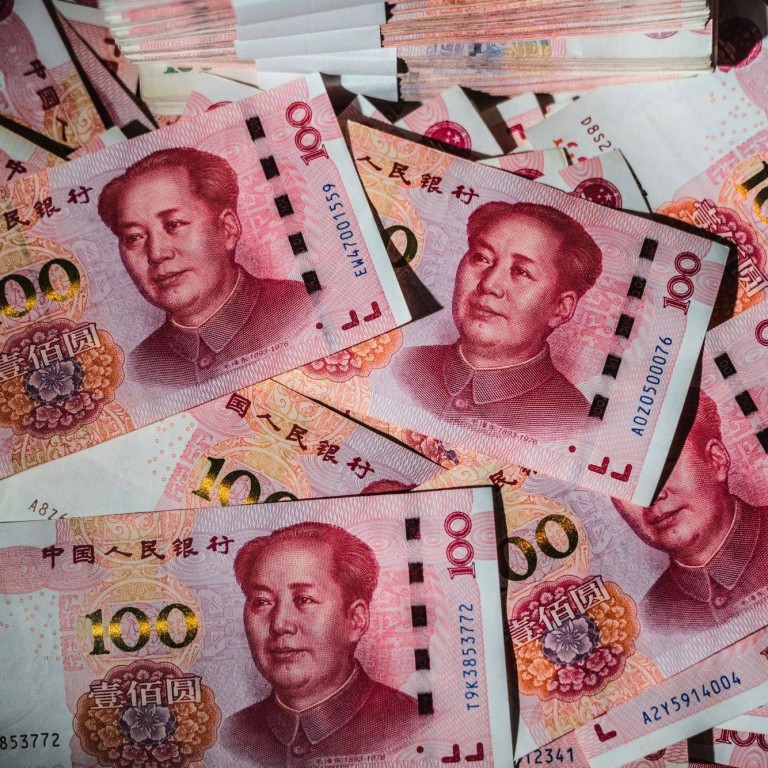
BNY Mellon turns neutral on Chinese stocks and bearish on yuan in light of weak economic data
- BNY Mellon has joined Citigroup and Jefferies in becoming less bullish on Chinese stocks, after economic data fell short of estimates in April
- The US asset manager recommends investing in equities in Thailand and Singapore as proxies to China’s reopening
BNY Mellon recommends shifting to equities in Thailand and Singapore as proxies to China’s reopening, which stand to benefit from outbound travel and private capital flows and are less susceptible to geopolitical risks, he said.
BNY Mellon has joined Citigroup and Jefferies Financial Group in lowering its recommendation on Chinese stocks, after economic data fell short of estimates across the board in April and producer prices dropped at the fastest pace in three years. The sentiment on Chinese assets has soured recently, with the yuan breaching the 7 level against the US dollar and foreign investors turning into net sellers of Chinese equities.
“Alongside weakening activity, intensifying economy-wide disinflation and weakening business and investor confidence are particularly troubling,” said Mitra.
The 3.6 per cent decline in producer prices in April was a reflection of the nation’s industrial overcapacity and the housing inventory, which would chip away at corporate pricing power, he said. Meanwhile, the price-to-earnings multiple would continue to be suppressed by Beijing’s crackdown on the private sector and the simmering US-China tension, he added.
China’s CSI Index adds energy, industrial firms amid cyclical stocks frenzy
The MSCI China Index, which tracks 717 onshore and offshore stocks with a combined market value of US$2.3 trillion, has dropped 7.4 per cent this year after a rally spurred by the reopening trade late last year fizzled out.
The gauge, whose biggest constituents are Tencent Holdings and Alibaba Group Holding, is valued at 10.8 times projected earnings, compared with the average of 12.4 times over the past decade, Bloomberg data shows.
The Hang Seng Index is about 2 per cent short of entering a bear market and the CSI 300 Index of yuan-traded stocks has erased this year’s gain. Foreign investors have dumped almost 9 billion yuan (US$1.3 billion) of Chinese stocks through the exchange link with Hong Kong in May, and is on course for a second straight month of net outflows, according to Bloomberg data.
BNY Mellon lowered the full-year earnings per share growth for companies on the MSCI China Index to between 5 and 6 per cent from a range of 7.5 and 8 per cent.
“We do not suggest underweight,” Mitra said. “MSCI China’s cheap valuations and its lack of correlation with slowing developed-market economies suggest a ‘hold’ would be more appropriate.”
Investors should adopt a so-called barbell strategy of focusing on low-valued stocks and smaller companies with the potential to turn into “future leaders” to ride out the rangebound trading pattern that is expected to last throughout the year, Bank of America said in a report on Monday.
The yuan will probably trade above the 7 mark for the foreseeable future to reflect the lower borrowing costs and the divergence of monetary policies from other major central banks, Mitra said.
“China faces a potentially worsening confidence-disinflation-liquidity trap,” he said. “A prolonged state-driven, rather than market-led, allocation of resources and a continuing crackdown on local and foreign businesses, despite promises of a light-touch approach, is likely to fuel uncertainty and weigh on business confidence.”


